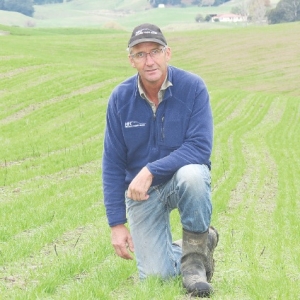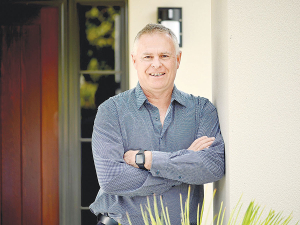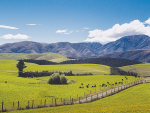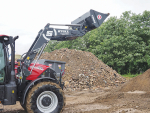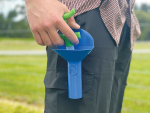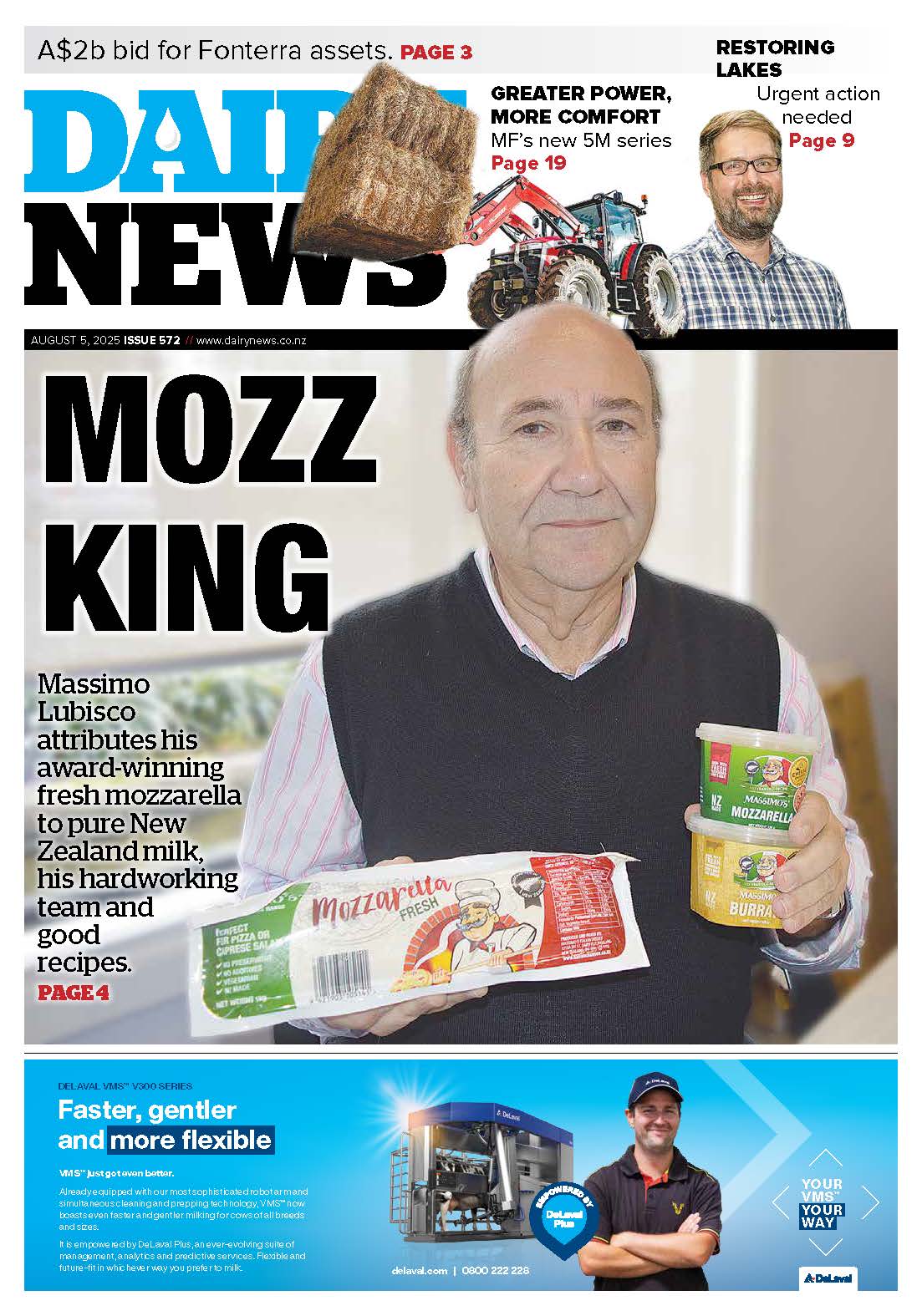The problems for Hunt and other farmers in Hawke’s Bay began last September. July and August were among the wettest on record – 300mm in those two months alone. Then the wind arrived. “We went from being knee deep in mud to the winds turning up, and [then] you know something’s going to happen. So we went from mud to crusty rough ground, not advantageous for grass growth. It stayed quite cold through that spring too so the growth’s just never happened. Consequently we haven’t stopped feeding out since last winter.”
Hunt managed to grow 30ha of maize – good considering his farm isn’t irrigated, he says. But he’s only made 150 tonnes of grass silage compared with the normal 400 tonnes. He’s also bought in 400 tonnes of maize silage but that’s it: “I’ve spent all I can on feed and we’ll just have to make it work.”
Farming in Hawke’s Bay has been tough since the 2008 drought, Hunt says. “Last year we had the very wet summer and lots of growth, which caused some problems. On the other side of things, if it wasn’t for last year we wouldn’t have got through this year. In our climate we aim to have two years supplements on hand as backup and that’s pretty much what we have achieved. But that’s been eaten and we are now going through our maize silage at a very scary rate. I’m picking we’ll have no supplements come calving unless something happens very very quickly.”
Hunt says from now on the only feed he’ll buy is meal to feed the cows in the dairy shed.
This and other droughts have taken their toll on Hunt but he says he is better able to cope than in the past. “But it’s the same thing: you make decisions and you think you’re right and two weeks later you have to make another decision and so it goes on – it’s almost endless.”
Now his strategy is saving the cows at almost any price. They look good, most at BCS 4.0, some at 5.0. A few are below 4.0.
“I’m not going to reduce cow numbers. I am guarding them with my life. My bull farm has been sacrificed to help them though. We are clinging onto dairy stock but have sold a few heifers and done some heavy culling. We believe next year’s going to be a good payout year so we’ve got to get the animals in good health to take advantage of that.”
The key lesson Hunt takes from this and other droughts is that you can never have enough supplements up your sleeve.





